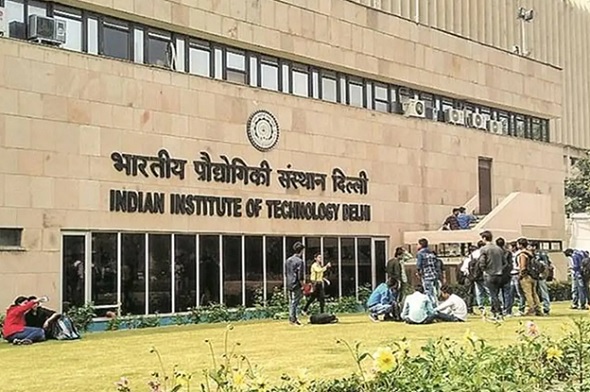One common aspect of reasoning for both IITs is to provide a holistic approach with a well-rounded education in changing the structure of an IIT from just being a technology institute to a full-fledged university.
The new batch of BTech students at IIT Bombay is going to study a newly designed curriculum. A curriculum revamp is also on cards at IIT Delhi where a panel is set and changes are expected to be executed by the next academic year.
When the two most sought-after IITs are changing their curriculum, it undoubtedly brings forward several questions — from the requirement of such an overhaul to the kind of changes being brought in and the reason for such a decision. Especially in the post-pandemic era, when the education sector has already witnessed a sea change in approaches as well as practices, additional curriculum revamp has definitely made the news.
Why is there a curriculum revamp at IIT Bombay and IIT Delhi?
Engineering students at IIT Bombay will now have Management, Entrepreneurship, and design courses along with Humanities as part of their regular core engineering curriculum. The non-engineering subjects — Humanities, Arts, Social Science, Management, Entrepreneurship, Design, or HASMED as the IIT Bombay calls it — are of great significance in the new course curriculum. This is along with an interdisciplinary STEM (Science, Technology, Engineering, Mathematics) approach combined with the core engineering subjects of a specific branch that a student is pursuing. The compulsory engineering drawing workshop at IIT Bombay will now be replaced by ‘Makers Space’ where a student will be required to create an innovative product or service from scratch. This too will have an interdisciplinary approach.
The focus of IIT Delhi’s curriculum revamps committee will be providing challenges and opportunities for students to engage with the real world. The committee will be working toward providing more flexibility in the courses, especially when several new programs such as Artificial Intelligence, Data Science, and Cyber Security have already been started and may be of interest to students along with their mainstream core-engineering course.
Why are these changes happening now?
While it is important to note that the curriculum at IITs has been undergoing an overhaul at regular intervals; this revamp too has been on the cards. It has been more than a decade since both the IITs had reviewed its curriculum. Even as several new courses have been added by them and certain additions and subtractions have been done in the core-course curricula of different faculties of engineering, a completely new approach was required looking at the changing requirements and emergence of various sectors having requirements of skills aligned with knowledge of technology.
Both IITs have maintained that the curriculum has to constantly evolve to remain relevant. “The challenge today is that we are dealing with a generation of students that has a smaller attention span. Classroom teaching alone cannot be the focus. We have to make them work on real-life projects, so they can learn actual problem-solving,” said Prof. Banerjee.

